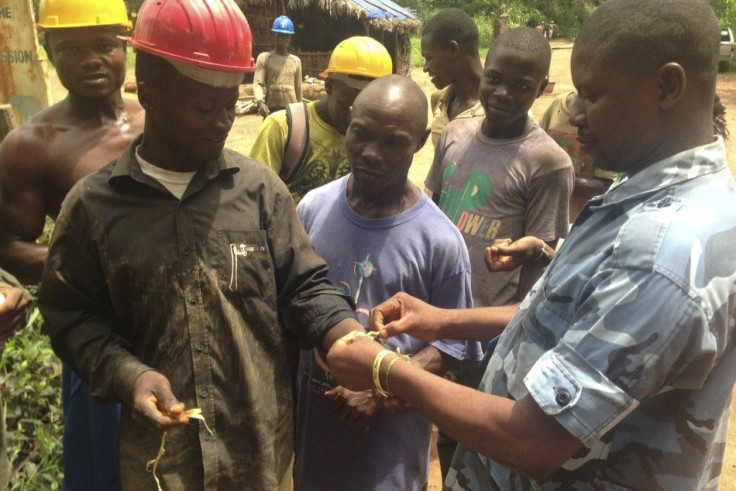Ebola Virus Spreading in Africa Could Reach US
Airline Workers are Trained to Spot Symptoms of the Haemorrhagic Fever,

After two US doctors contracted the contagious Ebola virus that is spreading in Africa, the Center for Disease Control (CDC) issued a mid level travel advisory for the health officials. Airline workers at 20 major US ports have been trained to identify the symptoms and quarantine those they suspect may have contracted the disease.
The family of one of the doctor infected with the virus, Kent Brantley recently returned to the US for a visit, but the CDC stated that they were in good health. Though there is a fear among the people that the virus may reach the US, the CDC informed the media that there was "no significant risk" of an Ebola outbreak in the United States.
Health officials also said that the people are not contagious until they have symptoms, and the Brantley's family left Liberia much before he got sick. Kamiliny Kalahne, an epidemiologist with Doctors Without Borders said that there has never been a confirmed case of Ebola spreading to a developed country. "This is because people generally transmit the infection when they are very sick, have a high fever and a lot of symptoms -- and in these situations, they don't travel. And even if they do get sick once they travel to a developed country, they will be in a good hospital with good infection control, so they are very unlikely to infect others," she said.
Dr. Marty Cetron, director of CDC's Division of Global Migration and Quarantine said that the epidemics of disease are often followed by epidemics of fear and epidemics of stigma. "All of these things occur in a social context that can make containment very challenging."
The World Health Organization has not enforced any travel restrictions yet, they are stressing that it would be "highly unlikely" for the outbreak to spread by plane. WHO spokesman Gregory Hartl said, "The people who get Ebola tend to be in removed villages and tend not to have the money to be able to get on planes." He also stated that it would be equally improbable for an American traveler to bring the disease back to the country, because nearly everyone is aware of the situation and are advised not to touch anyone who seem to be ill or look feverish.
The CDC has however urged travelers stay away from blood and body fluids from people who might be infected and to take to medical care if they have symptoms of the disease, which include fever, headache, sore throat, vomiting, diarrhea, rash and red eyes.





















